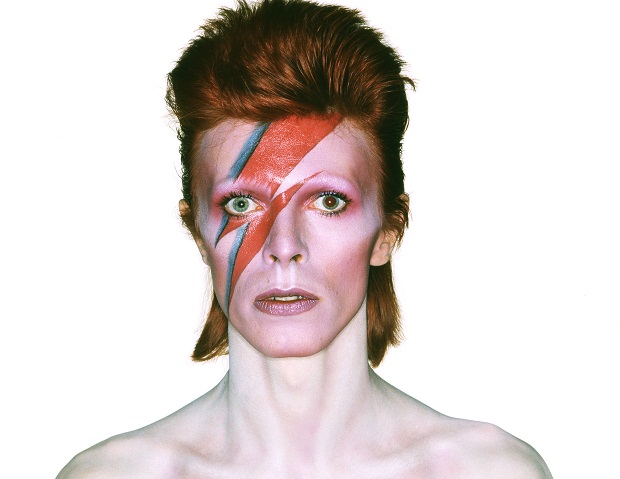David Bowie changed his style and persona all throughout his musical career, making him one of the most influential artist of his era.
Bowie’s publicist, Steve Martin, announced that Bowie died on Jan. 10 after having battled with cancer for 18 months.
News of the British music icon’s death shocked the world as Bowie had released a new album, Blackstar, two days prior to his passing.
Even people who had worked closely with the singer were stunned to hear that he was dying.
In Lazarus, one of the songs that he released last week, Bowie sings, “Look up here, I’m in heaven, I’ve got scars that can’t be seen,” leaving his audience to believe that he was explaining his illness through his art.
According to the few who knew of Bowie’s illness, after having been silent for some years, Bowie felt inspired by his fading health to revive his career, addressing the topic of death head on with his new album.
“We lost not just David Bowie, but all of his identities, and what they all represented,” said sophomore Summer Dow.
Bowie had an ever-evolving image and style of music that made him appeal to a greater audience. He changed from persona to persona, creating an image that was always changing and always captivating.
“You could easily find one of his characters to relate to because of all that he personified,” said sophomore Alyn Seymour.
Many tributes have been created to honor Bowie in places all over the world, including the Hollywood Walk of Fame, and in Brixton, London.
Bowie’s family has been very appreciative of all the recognition shown for their loss, and has asked for privacy while they mourn.
“The stars look very different today”- Space Oddity
Very sorry and sad to say it’s true. I’ll be offline for a while. Love to all. pic.twitter.com/Kh2fq3tf9m
— Duncan Jones (@ManMadeMoon) January 11, 2016
January 10 2016 – David Bowie died peacefully today surrounded by his family after a courageous 18 month battle… https://t.co/ENRSiT43Zy
— David Bowie Official (@DavidBowieReal) January 11, 2016


